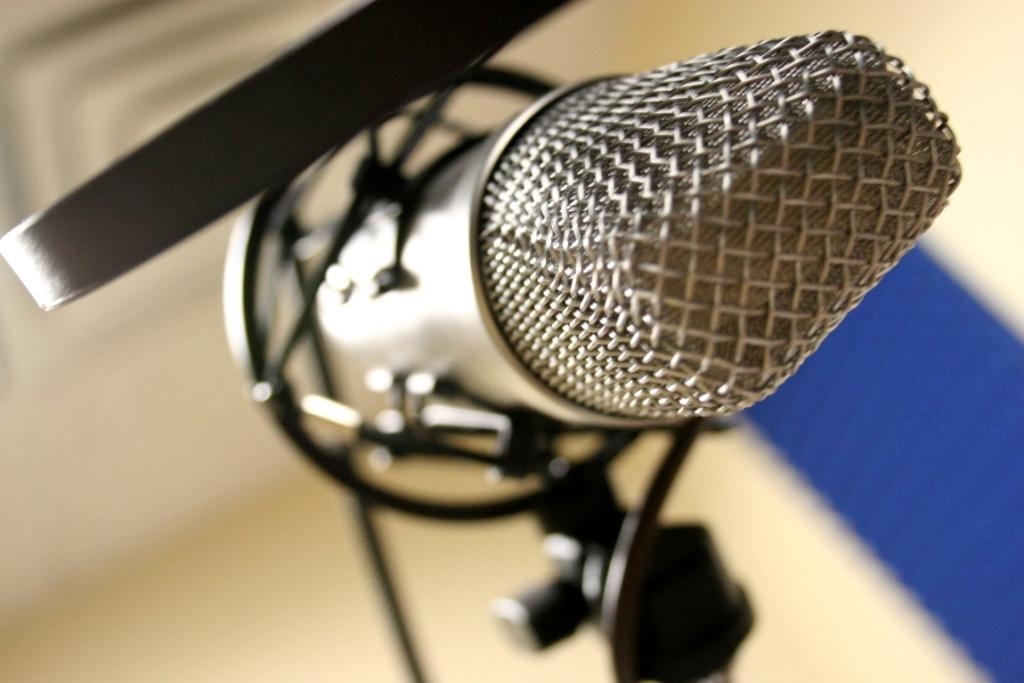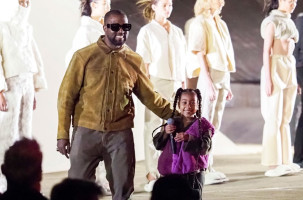During a recent on-air discussion between a Nashville air personality and a listener, the caller commented that she worked at a “meat-and-three” restaurant. The air personality replied, “What’s a meat and three?”
Tilt.
With one question, the jock — who was still fairly new to town — made that clear by not knowing the terminology for the popular local cafeteria-style eateries in which patrons choose a meat and three sides.
Programmers live in fear of such moments from their local and (especially) out-of-market voice-tracked talent, even if they’re sympathetic to how easily mistakes can happen. Every market has its own set of unique local expressions, colloquialisms and hard-to-pronounce neighborhoods and streets. In Philadelphia alone, a jock must be able to master the pronunciation of confusingly spelled towns like Bryn Mawr, Bala Cynwyd, Manayunk and Conshohocken; know that “King of Prussia” is a mall and Schuylkill is both a river and an expressway; and be aware that locals refer to heading to the beach as “going down the shore.” There’s also a whole set of terminology surrounding the correct ordering of cheesesteaks. Admits WXTU Philadelphia PD Shelly Easton, “Some of the pronunciations are brutal. [And] Philly fans can be unforgiving. If you don’t believe me, go to an Eagles game.”
Programmers have different ways of training new talent to speak like locals, some doing it formally with training manuals and others simply correcting mistakes as they hear them. But every programmer agrees that sounding local is critical for any new air personality to nail quickly.
In Las Vegas, “We actually have a programming welcome packet that we send to all new talent way before they even start,” says JoJo Turnbeaugh, senior vp programming for iHeart Media’s West division, who gets a kick out of watching out-of-towners try to pronounce “Hualapi.” The packet “has everything you need to know: target listener profile, market overview, suburbs, schools, major streets, places to know and all station information.”
“At the end of the day, all radio stations want the talent to sound live and local,” says Turnbeaugh. “If they are truly new to a market, training must be done on all things local so they are not set up to fail.”
In Albuquerque, N.M., where a new jock would be expected to be immediately familiar with the city’s “Duke City” and state’s “Land of Enchantment” monikers, Cumulus Media FM operations manager Brad Hansen also utilizes a written “playbook,” which lists common streets, cities and events. He also follows up with one-on-one communication with the personality and makes sure to provide phonetic pronunciations on any info given to jocks to read on-air.
Because he says mistakes like the Nashville meat-and-three example are “precisely the thing I have nightmares about,” Mike Moore, Entercom vp programming for Portland, Ore., has an audio pronunciation guide available for his new jocks, voiced by longtime market personality Savannah Jones. Among Moore’s musts: Jocks have to pronounce the state as “Or-i-gun” rather than “Or-i-gone” as well as correctly identify the station’s location as being on the Willamette River, which isn’t pronounced like it’s spelled. “It becomes immediately obvious that you are not from the area if you mispronounce one of these,” he says.
In San Jose, Calif., where street name San Tomas often trips people up, KRTY PD Julie Stevens says, “I have turned my overnights into a training ground for new talent. They work midnight to 3 a.m. Monday through Friday, and then the two of us sit down and go over airchecks. That’s where I catch the problems before they get to primetime.”
Other programmers have a less official process. “We don’t really have any formal training,” says Sue Wilson, vp operations for Rubber City’s Akron, Ohio, cluster, where local words like “Cuyahoga” and “Ghent” (pronounced “jent”) can prove tricky. “If we hear [a mistake], we bring it to the attention of that person.”
“There is no way to hit every potential pothole,” agrees KFKF Kansas City PD Dale Carter, who says his training is more along the lines of “here’s the basic stuff, and then correct anything else down the road.” In his market, towns with Native American names like Olathe can trip people up, as can the locals’ tendency to refer to highways by number first (“40 Highway” rather than “Highway 40”).
“It’s about the comfort level of the audience,” says Carter. “I’ve always told jocks to talk like they do.”
Even in Philadelphia, says Easton, training is “an ongoing, open conversation, as it would be so tough for any new person to take it all in without growing into the market.”
Easton says she herself has been guilty of an on-air gaffe or two. “When I first returned to Philly eight years ago, I referenced a legendary New Jersey diner, which would have been great, except it went out of business years before. Ugh, awful feeling.”
Carter recalls a blunder of his own at a former job. “When I started [as PD] at WWYZ in Hartford, Conn., the first thing I did was get a new station voice and had him do the big top of the hour ID: WWYZ-Waterbury-Hartford-New Haven. My afternoon guy pointed out to me that New Haven is pronounced like New York, emphasis on the second word. [Saying] ‘New Haven’ briefly made us stick out in a bad way.”
While they certainly have bigger fish to fry on a daily basis, programmers say making sure their personalities get the little details right is important.
“We had a tracker once who, despite our best efforts, mispronounced many towns, streets and landmarks in an effort to sound local,” says Moore. “Unfortunately, it had the opposite effect with the audience.
“It speaks to credibility or a relationship with your community,” he adds. “It’s nearly as bad as mispronouncing someone’s name or actually calling them by the wrong name. Locality can be one of radio’s greatest strengths in our crowded media landscape, but the audience usually sees halfhearted efforts to seem local as disingenuous.”
“It is extremely important to know your market,” says Easton. “The radio station should sit at the center of a community, and the jocks are our ambassadors to the listeners. A great radio station lures listeners into a shared local experience.”
“Personalities must form relationships — and credibility — quickly and consistently,” says Hansen. “Nothing says, ‘I don’t know you,’ more than those mistakes.” That’s why jocks working for him in Albuquerque need to know that locals sometimes order Mexican food “Christmas style” (half of it with green chilies and the other half with red). And with the TV series Breaking Bad having been shot there, he says, “You better know who Walter White is, too.”








